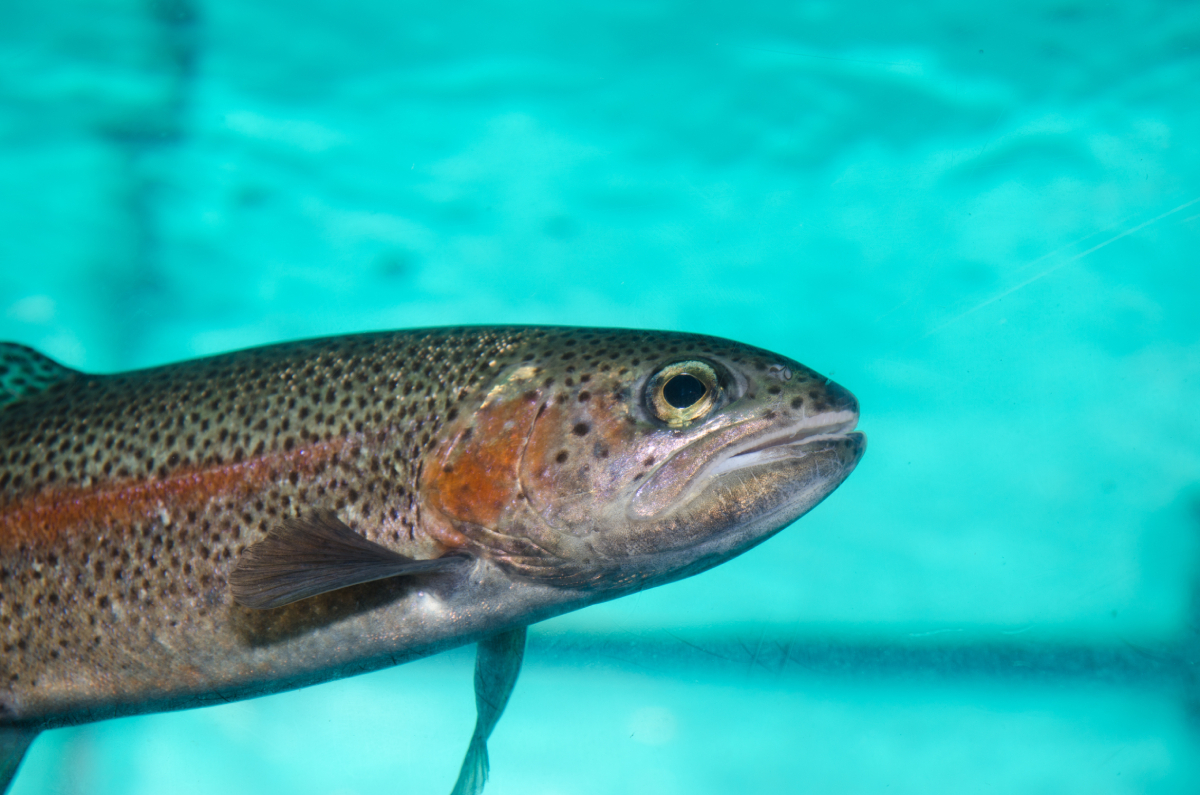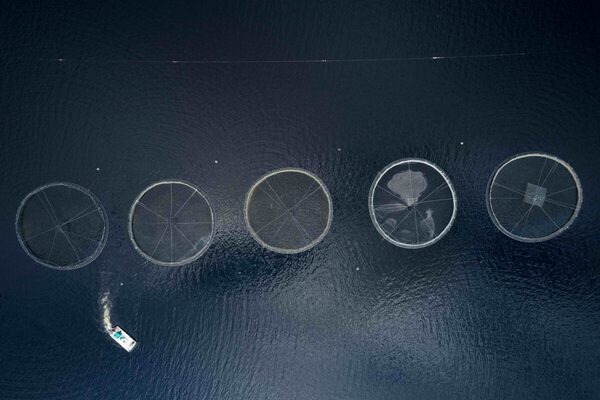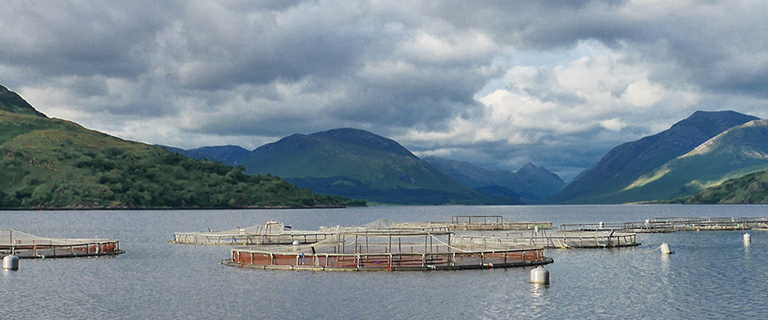Trout farm hit by bacterial infection
A rainbow trout hatchery in the Vestland region of Norway has been found to have been affected by the systemic infection Flavobacterium psychrophilum.

The bacterial cold water disease, which generally affects rainbow trout fry and adult salmon, occurs worldwide and is normally controlled by antibiotic treatments.
In Norway, the most severe outbreaks are in fry and juveniles of rainbow trout in freshwater, but also in seawater reared rainbow trout.
This latest outbreak was discovered at a location operated by Blom Settefisk AS.
The Norwegian Food Safety authority said that anyone who travels in the area and engages in activities related to fish farming should exercise the necessary care to avoid the spread of any disease.
Pharmaq Analytic notified the authority some weeks ago of findings consistent with this systemic infection. The suspicion was based on positive PCR tests and microscopy after sampling fish at the site. The diagnosis was confirmed earlier this week.
To limit the spread of infection, restrictions have been imposed on the location, including a ban on moving fish without special permission.
Meanwhile, there was better news on the algae front. The Norwegian Institute of Marine Research has said that a threatened spread from northern Denmark to the south of Norway is now thought unlikely.
The outbreak led to high fish mortality in that area of Denmark. The Institute has stressed that the threat is not totally over, although it now seems less likely. A careful watch is being kept on the situation.




